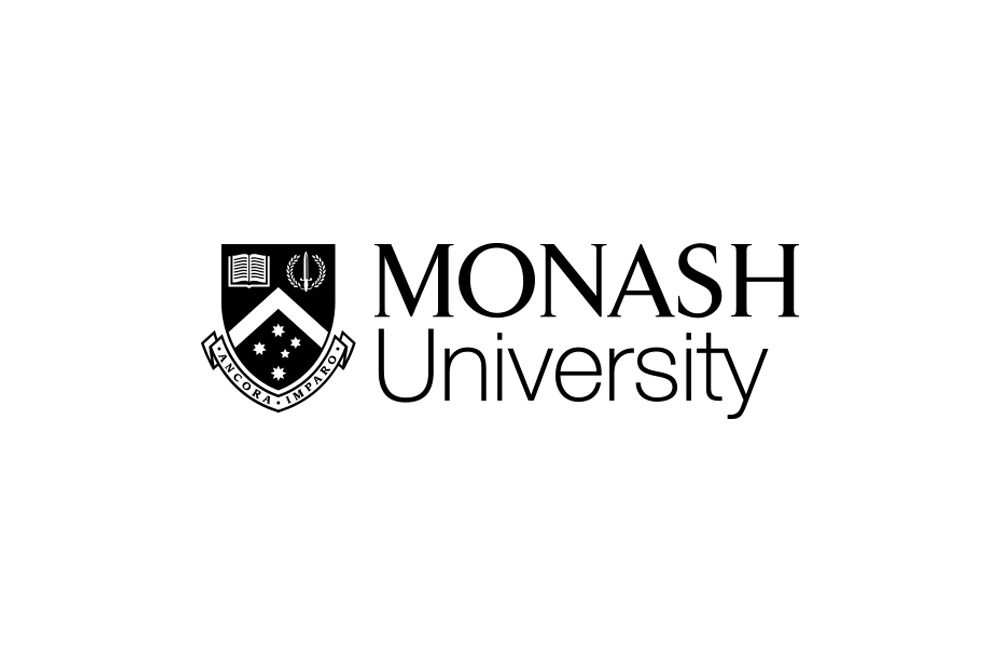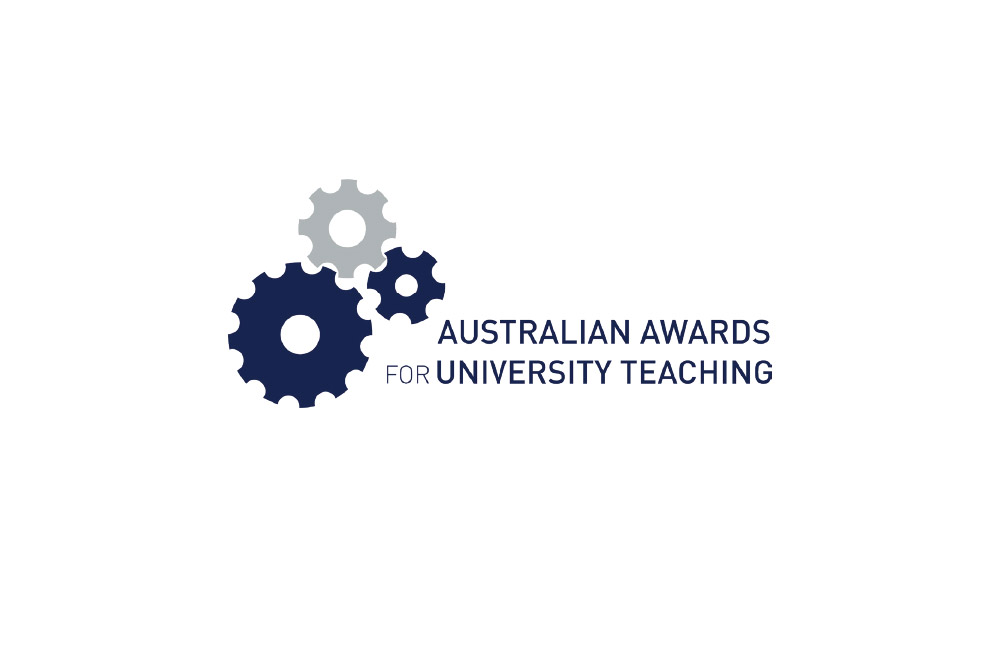Supporting teachers to create positive systemic change
During her role as the Director of Education Quality at Monash University, Angela joined the Learning and Teaching Committee and soon discovered students from IT and Engineering were scoring their learning experiences much lower than other schools within the university. It was also ascertained that this was not a new trend.
By reviewing hundreds of courses and thousands of student responses, Angela’s team revealed the worst performing course units and found that there was no systematic approach in place to improve them. Her aim was to determine key problem areas and encourage educators to make positive changes to their programs. The result was the development of the Peer Assisted Teaching Scheme (PATS).
PATS is a mentorship-based structure where educational leaders who score well with their students support teachers who are experiencing challenges. The mentors help teachers to set goals; explain which barriers are stopping them from reaching their targets; and ultimately equip them with the skills and strategies to reinvigorate their units. The scheme has been so successful that it has been adopted not only across schools and tertiary institutions throughout Australia, but also internationally.

Key obstacles and solutions to improve educational quality
In higher education, teachers can often unintentionally get in the way of providing the highest quality learning experience they could offer. Here’s how:
Publications
Professor Carbone has collaborated on numerous ground-breaking academic research papers that have led to significant positive change in tertiary institutions in Australia and influenced teaching methods in universities worldwide.












